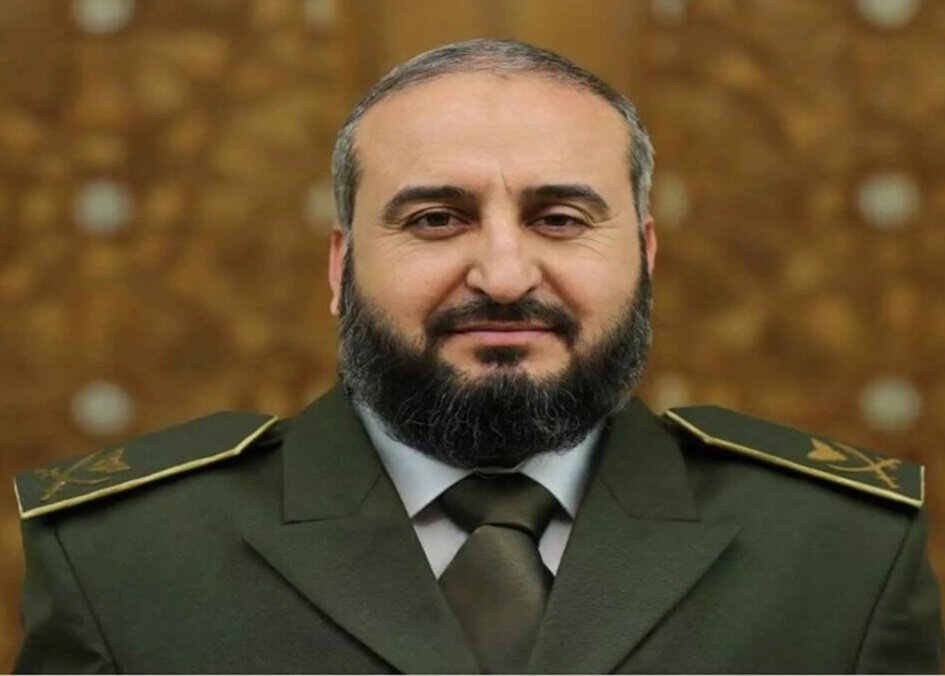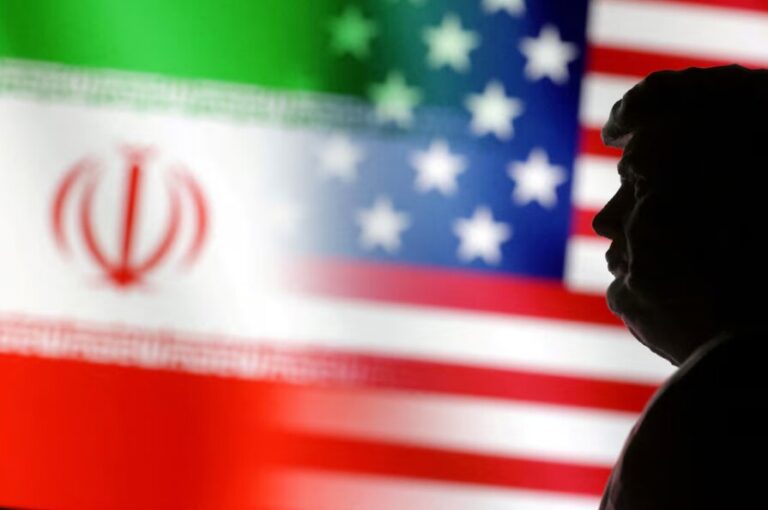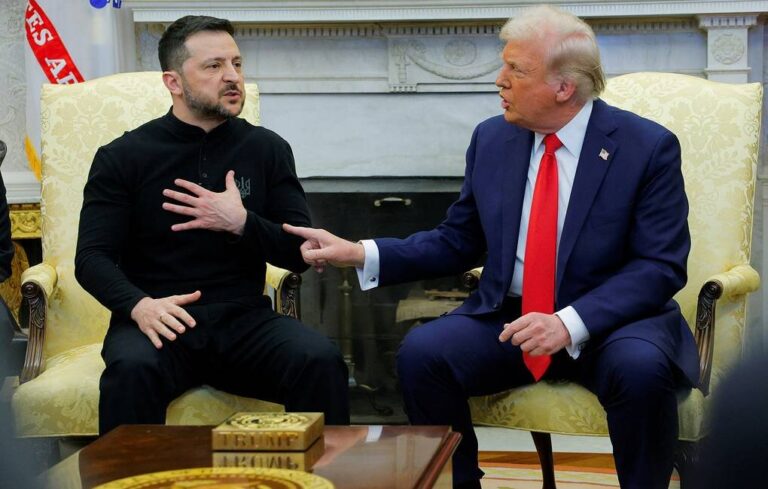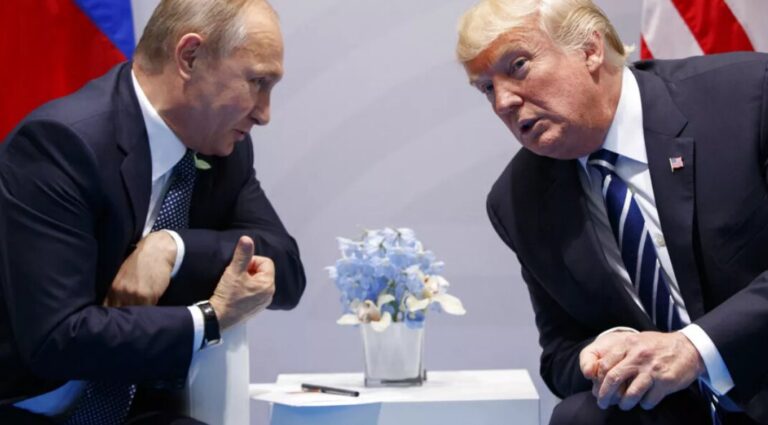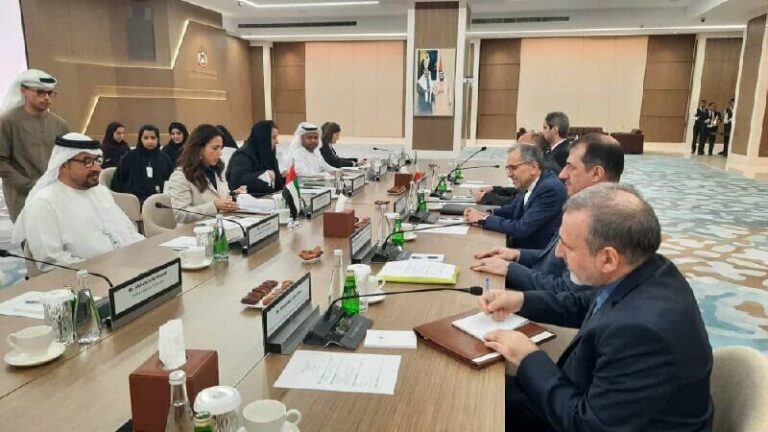Syria Considers Allowing Russia to Maintain Strategic Air and Naval Bases, Minister Reveals
In a significant development regarding Syria’s relationship with Russia, Abu Qasra shared insights with The Washington Post about the country’s willingness to allow Moscow to maintain military bases on Syrian soil. This shift reflects a new diplomatic approach from Syria’s leadership, highlighting the evolving dynamics in the region.
Abu Qasra emphasized that Syria would be open to accommodating Russian military presence if it aligns with the nation’s interests. He stated, “If we get benefits for Syria out of this, yes.” This statement signals a major transformation in the political landscape following the recent changes in Syria’s governance.
Shifts in Syrian Governance and Diplomacy
The remarks underscore a broader trend of evolving alliances in the Middle East. Here are some key points regarding the changes in Syria’s diplomatic stance:
- Increased Cooperation with Russia: The new Syrian leadership has indicated a more favorable view of Russia, suggesting a willingness to collaborate for mutual benefits.
- Improved Relations: Abu Qasra noted that Russia’s attitude towards the Syrian government has also seen a “significant improvement” since the overthrow of Assad in December.
- Pragmatic Politics: “In politics, there are no permanent enemies,” Abu Qasra remarked, indicating a flexible approach to international relations.
This change in Syria’s diplomatic posture comes at a crucial time, as the country seeks to stabilize its political landscape and strengthen its alliances. The potential for Russia to maintain its military bases in Syria could have significant implications for regional security and foreign policy.
Implications of Russian Military Presence
The possibility of Russian military bases continuing to operate in Syria raises several important questions and considerations:
- Strategic Benefits for Syria: Maintaining a relationship with Russia could provide Syria with essential military and economic support.
- Influence of Russian Policies: The presence of Russian forces may influence Syria’s internal and external policies, particularly regarding its neighbors.
- Regional Stability: The dynamics between Russia, Syria, and other Middle Eastern countries could shape the future of regional politics.
As geopolitical interests continue to evolve, the relationship between Syria and Russia is expected to play a pivotal role in the broader context of Middle Eastern diplomacy. The Syrian government seems to be preparing for a future where aligning with powerful allies could yield significant advantages.
Conclusion
In summary, the insights shared by Abu Qasra with The Washington Post highlight a notable shift in Syria’s foreign policy, particularly regarding its relationship with Russia. This evolution reflects a pragmatic approach to governance and international relations, as Syria seeks to navigate a complex political landscape.
As the situation develops, it will be crucial to monitor how these relationships unfold and the impact they may have on both Syria and the broader region. With Russia’s military presence potentially solidifying, the geopolitical landscape in the Middle East could see further changes, affecting alliances and power dynamics for years to come.
For those interested in the intricate details of Middle Eastern politics, this transformation serves as a reminder of the fluid nature of international relations and the importance of strategic partnerships.
